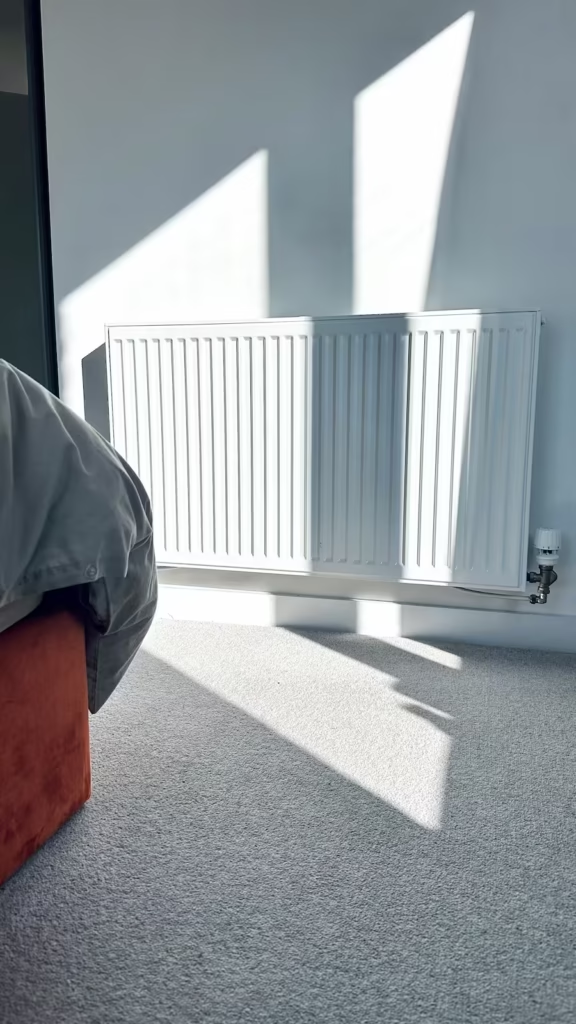Why Winter Poses Extra Challenges For Elderly People
Winter brings with it a particular set of challenges for elderly parents and relatives. The drop in temperature, shorter days, and unpredictable weather can all combine to create risks that go far beyond simple discomfort. Falls become more likely on icy pavements, respiratory illnesses increase, and the natural reduction in daylight can affect mood and mental health. For families, the worry is constant: are their loved ones warm enough, are they safe, are they eating well, are they feeling lonely?
The truth is that winter is not just another season for older adults. It is a time that magnifies vulnerabilities, both physical and emotional. Taking steps to prepare early can transform the experience of winter from one of worry and fear into one of reassurance and connection.

Practical Preparations That Make a Difference
The first step to preparing elderly parents for winter is ensuring the basics are in place. Heating systems should be checked and serviced before the cold sets in, reducing the risk of breakdowns during freezing spells. Families should also explore registering their parents as vulnerable customers with their gas, electricity, or oil providers. This ensures priority assistance if something goes wrong, giving both parents and families peace of mind.
Stocking up on non-perishable foods is another practical measure. Bad weather can sometimes make shopping difficult or dangerous, so keeping cupboards filled with essentials ensures continuity. Similarly, arranging repeat prescriptions in advance helps prevent last-minute dashes to the pharmacy during a snowstorm. Small things, such as checking that smoke alarms and carbon monoxide detectors are working, can also make a big difference.
It is also worth looking at the layout of the home itself. Are rugs secure to prevent slipping? Are pathways outside clear of leaves or moss? Is there sufficient lighting in hallways and staircases to reduce the risk of falls? These practical checks are simple yet powerful ways to make the home safer.
The Emotional Toll of the Cold Season
Beyond the physical risks, winter can be an emotionally difficult time for elderly people. Shorter days and long nights mean more time indoors, and for those already living alone, isolation can intensify. Loneliness is not just a passing feeling, research shows it can contribute to poorer physical health, cognitive decline, and even a shorter lifespan.
Families may notice that their loved ones seem quieter or less engaged during winter. They may be reluctant to go outside, even when it is safe, for fear of falling. This can quickly spiral into a cycle of reduced activity, less social interaction, and declining mood. For adult children trying to support their loved ones, this can create feelings of helplessness.
The antidote to this is connection. Phone calls, video chats, and planned visits can all help. Encouraging neighbours or community volunteers to check in provides another layer of reassurance. Even small gestures, like a daily call to say good morning, can brighten the day and remind elderly parents that they are not alone.


How Live-in Carers Make Winter Safer
For many families, being there every day to manage these challenges is not possible. Work, distance, and personal responsibilities make it unrealistic. That is where live-in carers can transform the winter experience.
A live-in carer provides constant support, ensuring that the home is kept warm and safe. They can prepare hot meals, encourage hydration, and help elderly parents dress appropriately for the weather. At VersaCare, carers also work closely with families to ensure heating is used both effectively and efficiently, balancing comfort with cost where possible, so loved ones stay warm without unnecessary worry over energy bills. They can accompany them on short, safe outings, keeping mobility up and spirits high. Most importantly, they provide companionship, reducing loneliness and building daily moments of comfort.
Families often find that having a live-in carer not only protects their loved one but also removes a significant burden of worry. Instead of lying awake at night wondering if their parent has eaten dinner or remembered to turn on the heating, they can rest in the knowledge that someone is there. This peace of mind is invaluable, especially during a season that already brings added anxieties. At VersaCare we use technology that allows managers and families to access daily diaries and status updates in real time, medication, prescriptions, and care issues or incidents, for added peace of mind.
Protecting Health During the Colder Months
Winter is associated with a range of health risks that disproportionately affect the elderly. Cold weather can raise blood pressure and increase the risk of heart attacks and strokes. Reduced mobility can lead to stiff joints and a greater risk of falls. Respiratory conditions such as the flu and pneumonia are more common.
Simple health-focused strategies can help mitigate these risks. Encouraging gentle indoor activity, such as stretching or walking around the house, keeps circulation flowing. Nutritious meals that provide warmth and energy are another protective factor. Regular check-ups with healthcare professionals ensure that conditions are monitored and managed appropriately.
Carers play a vital role here, making sure medications are taken correctly, watching for signs of illness, and acting quickly if something seems wrong. This vigilance is often the difference between a small issue and a hospital admission.


Turning Winter Into a Season of Reassurance
Despite the challenges, winter does not need to be a season filled with fear or isolation. With preparation and support, it can be a time of comfort. Families can still enjoy festive traditions, warm gatherings, and moments of joy, knowing that safety measures are in place.
The presence of a live-in carer ensures continuity of care and emotional support, while families can focus on enjoying quality time rather than worrying about logistics. Instead of seeing winter as an obstacle, it becomes a season where relationships are nurtured, traditions are honoured, and elderly parents feel protected and valued.
The VersaCare Perspective
Getting elderly parents ready for winter is less about checklists and more about helping them feel secure, cared for and connected. Practical steps like servicing heating systems or stocking the cupboards matter greatly, but so does the emotional reassurance of knowing someone is close by.
For families, it is also about balance, finding ways to provide care while maintaining their own well-being. By involving professional carers, families can lift some of the weight from their shoulders and know that their parents are not just surviving winter but living it with dignity and comfort.
At VersaCare, the philosophy is simple: no one should feel alone or unsafe during the colder months. Through planning, support, and compassionate care, winter can become not a season of worry but a season of peace.

